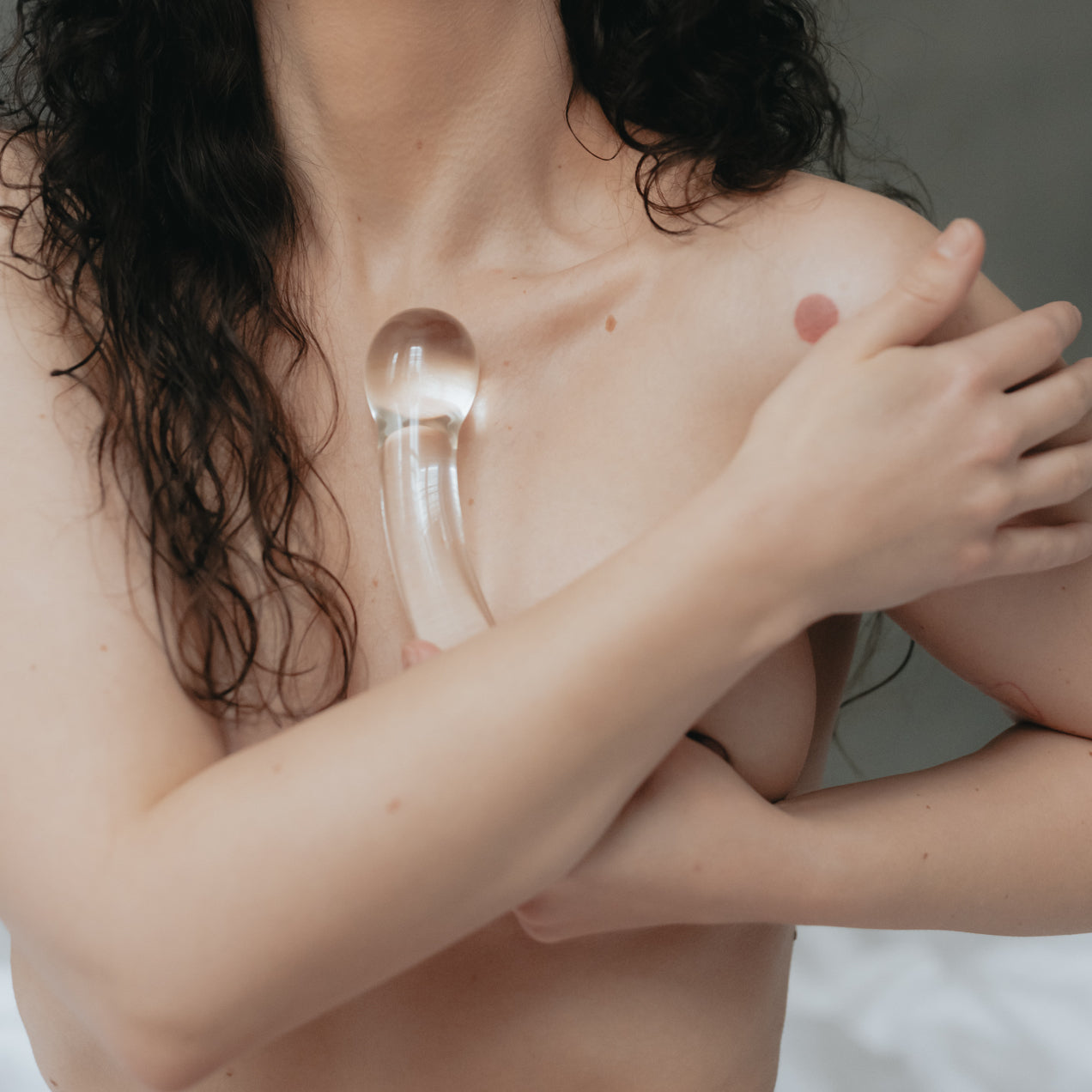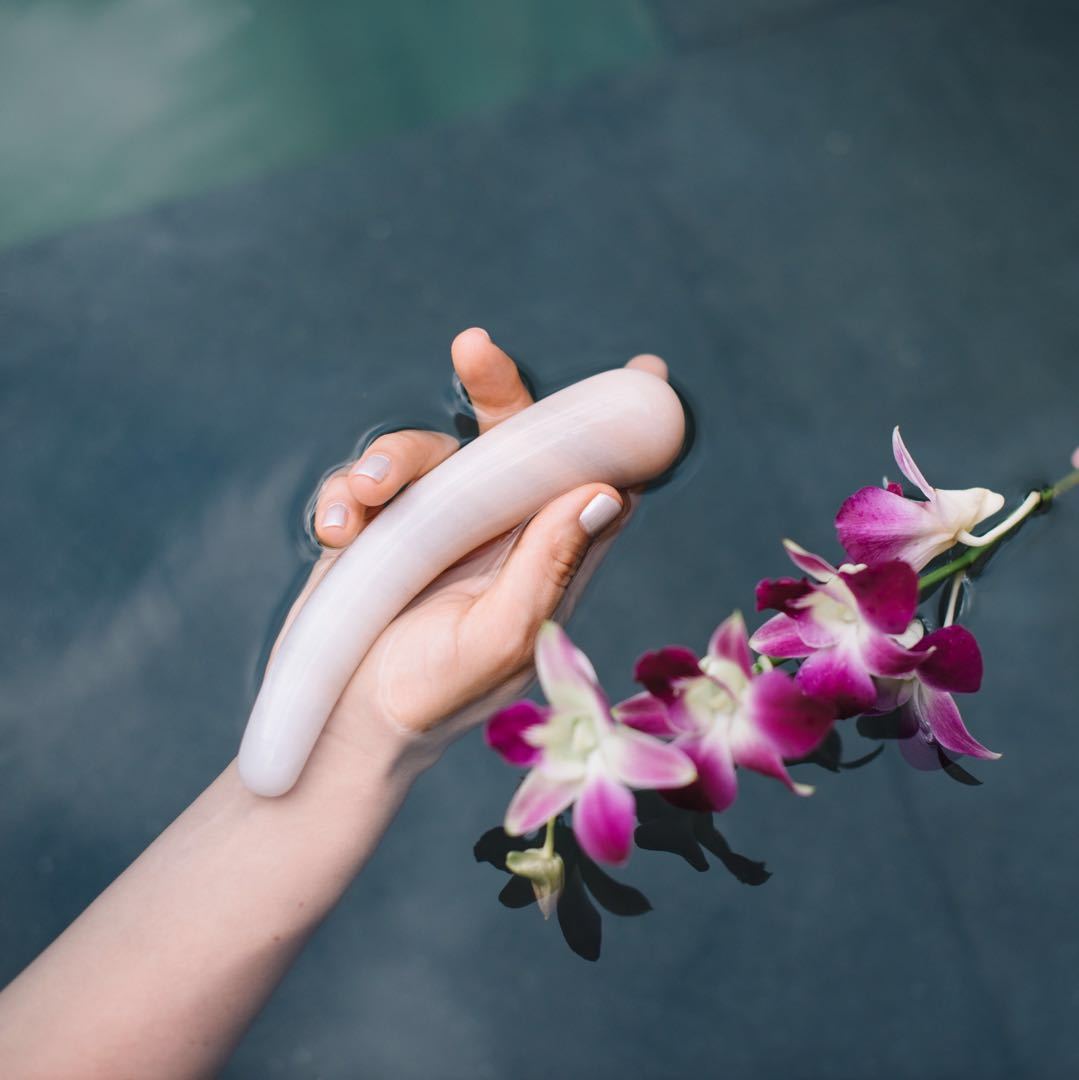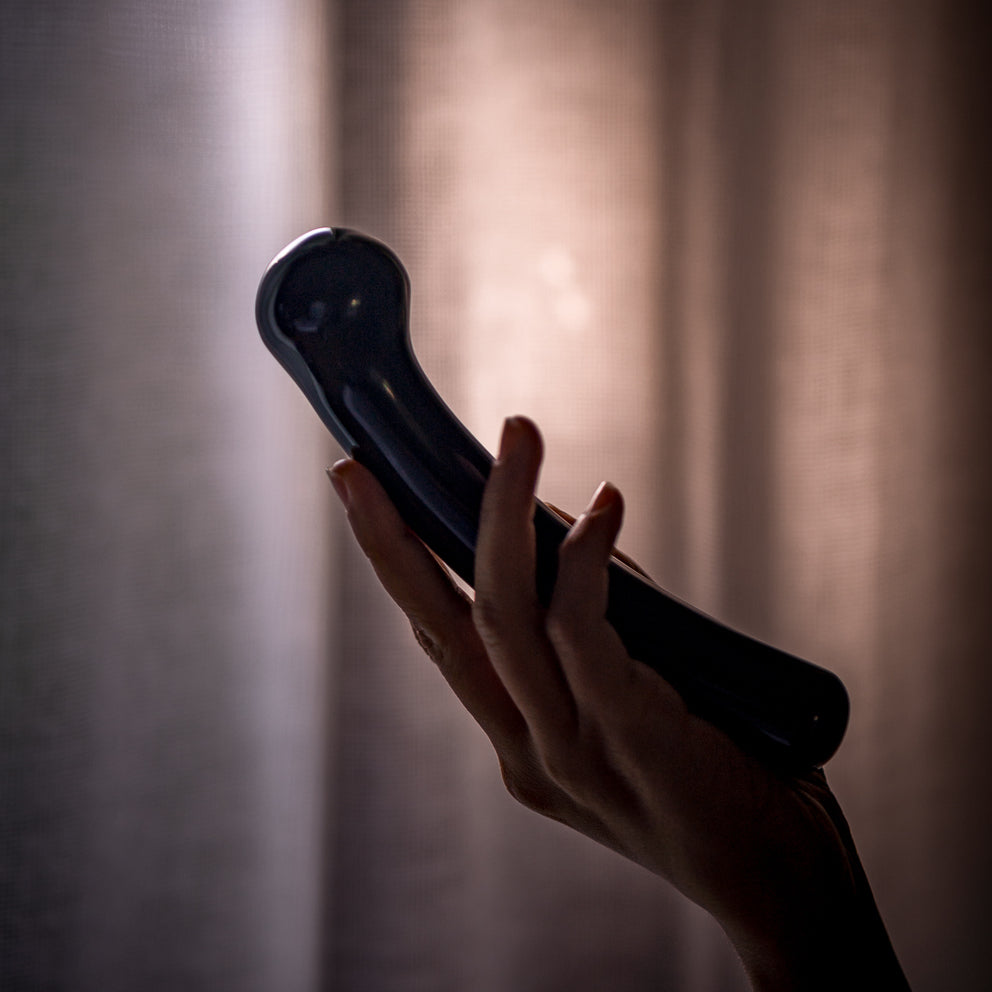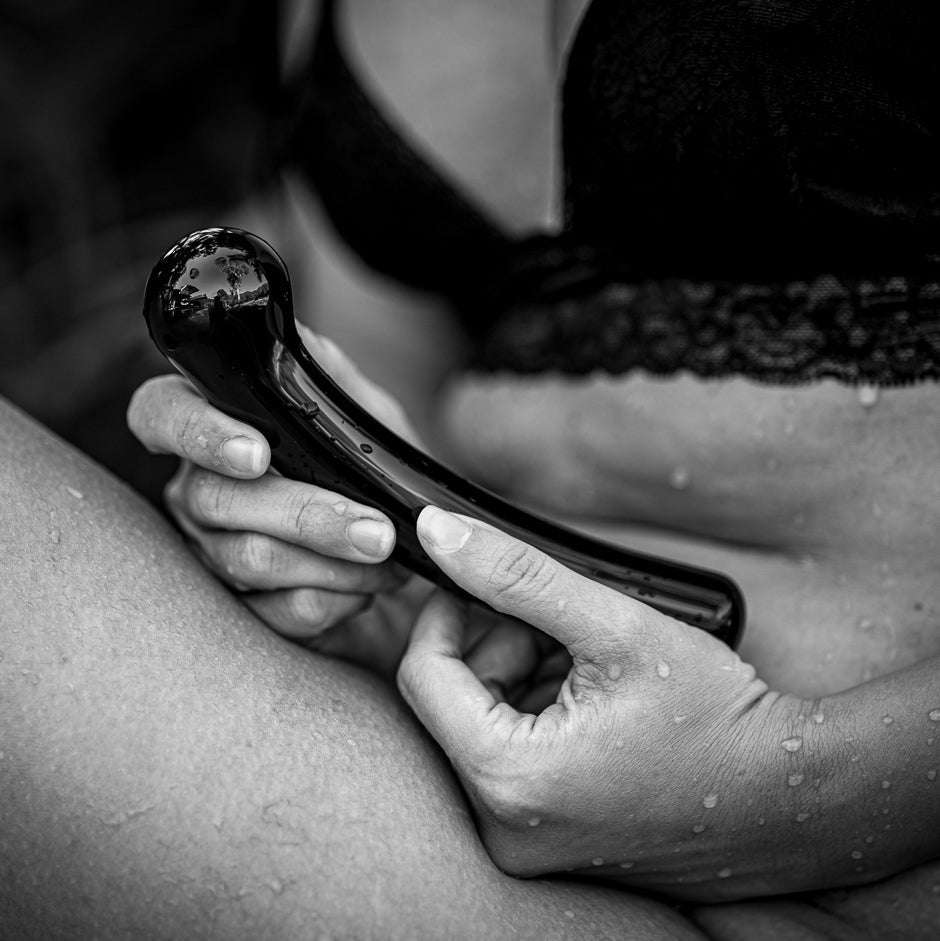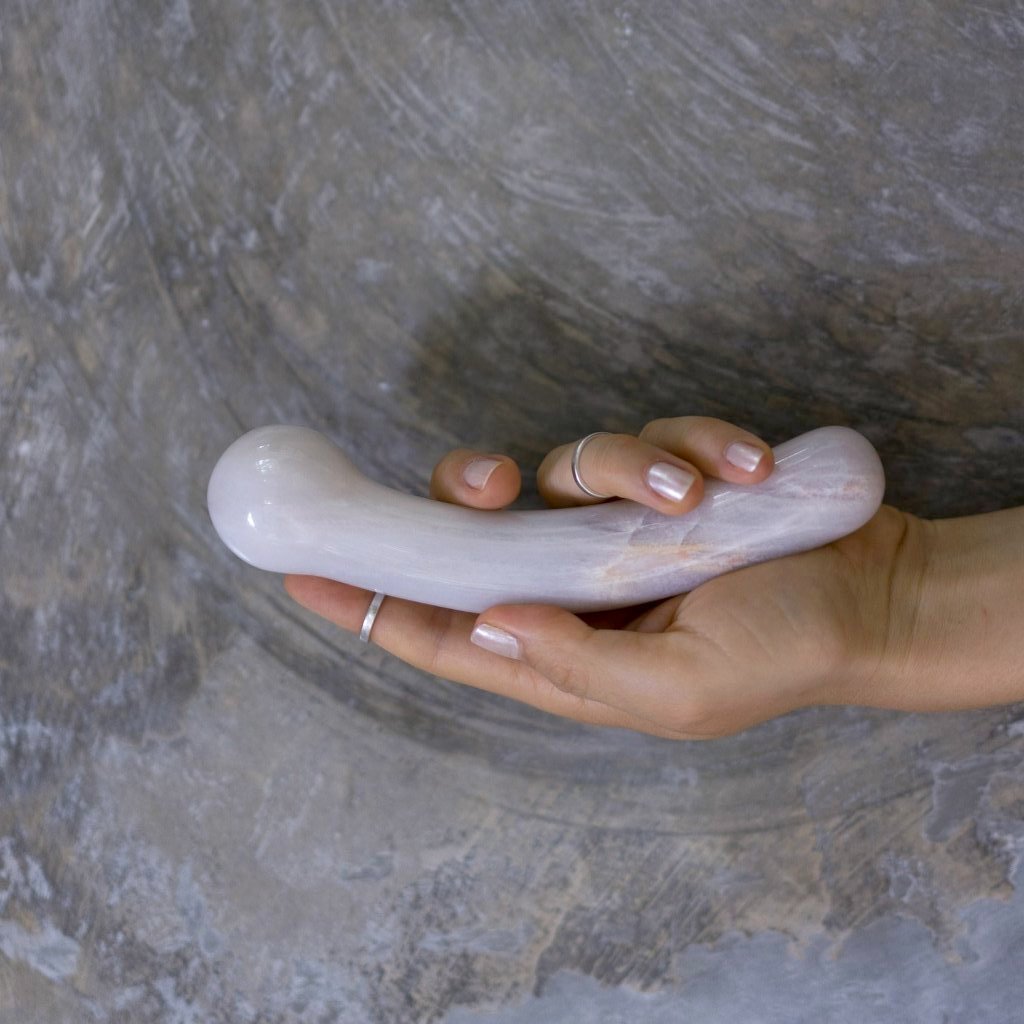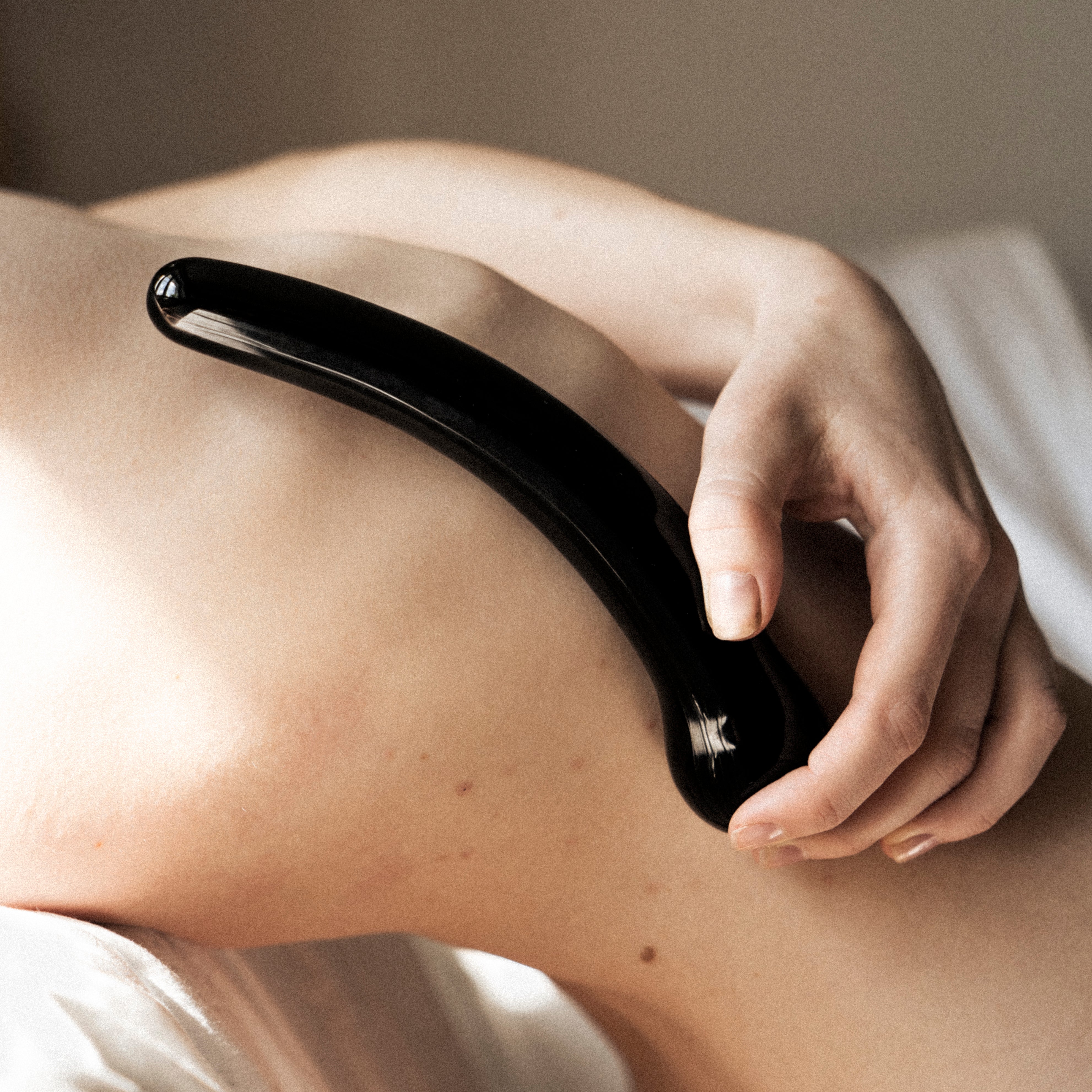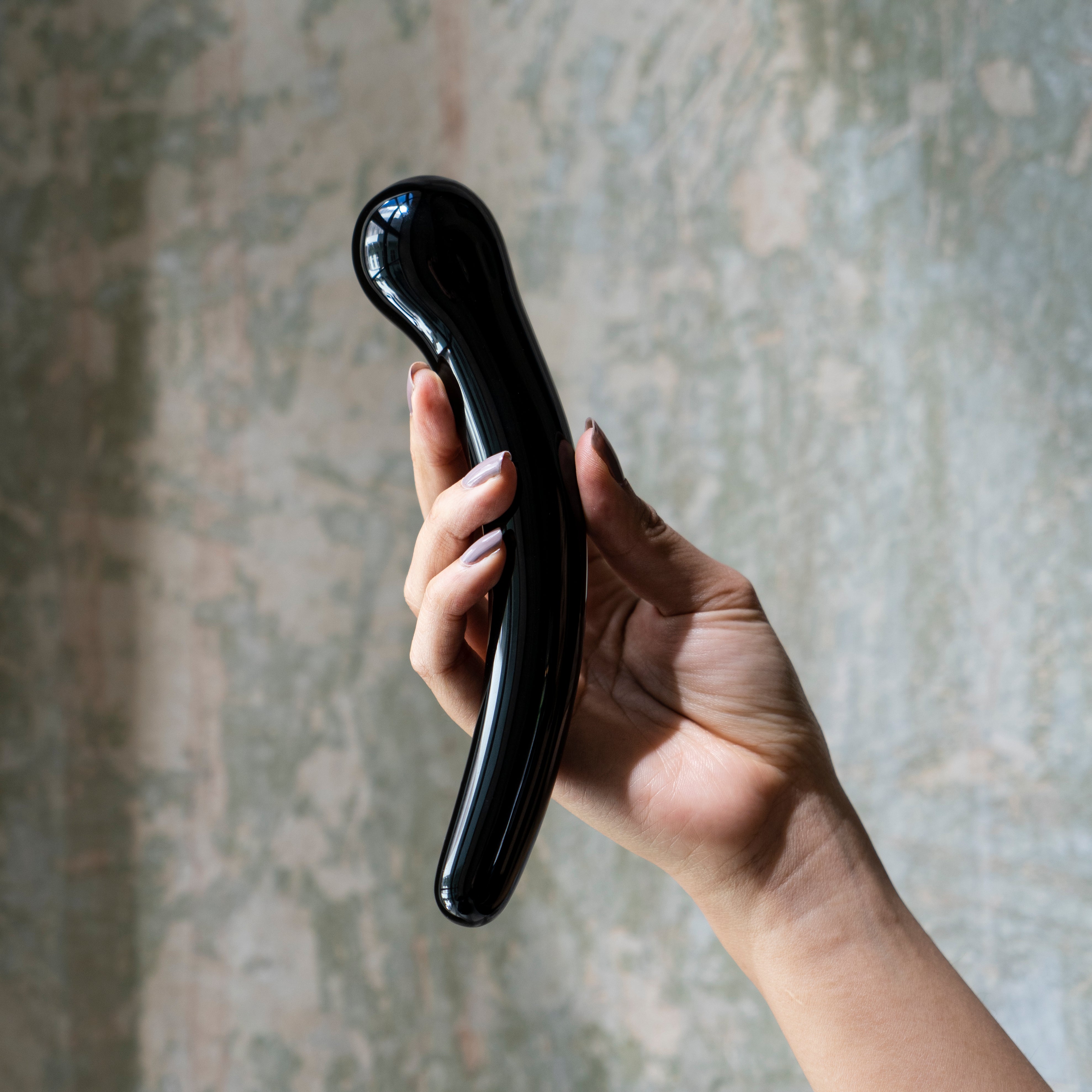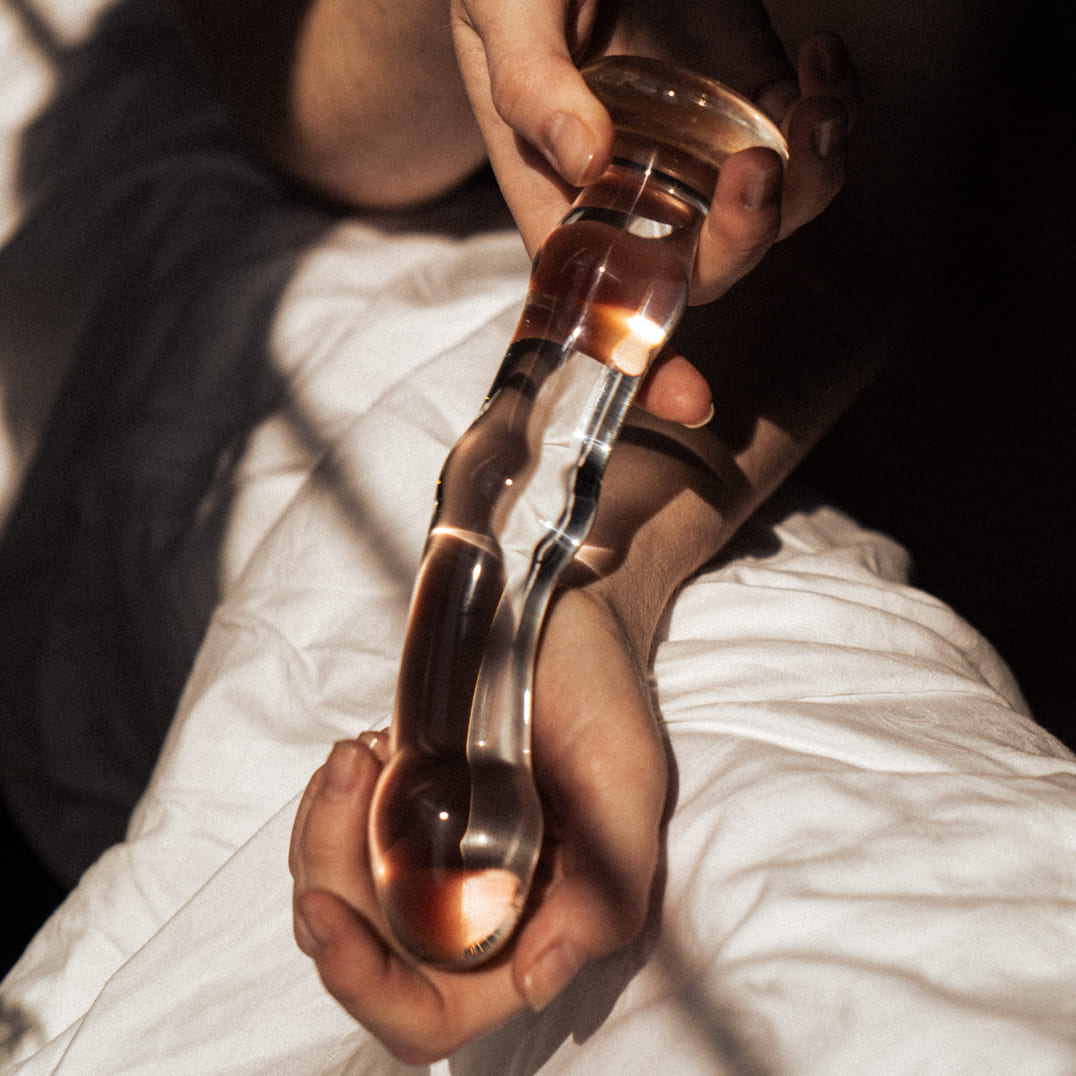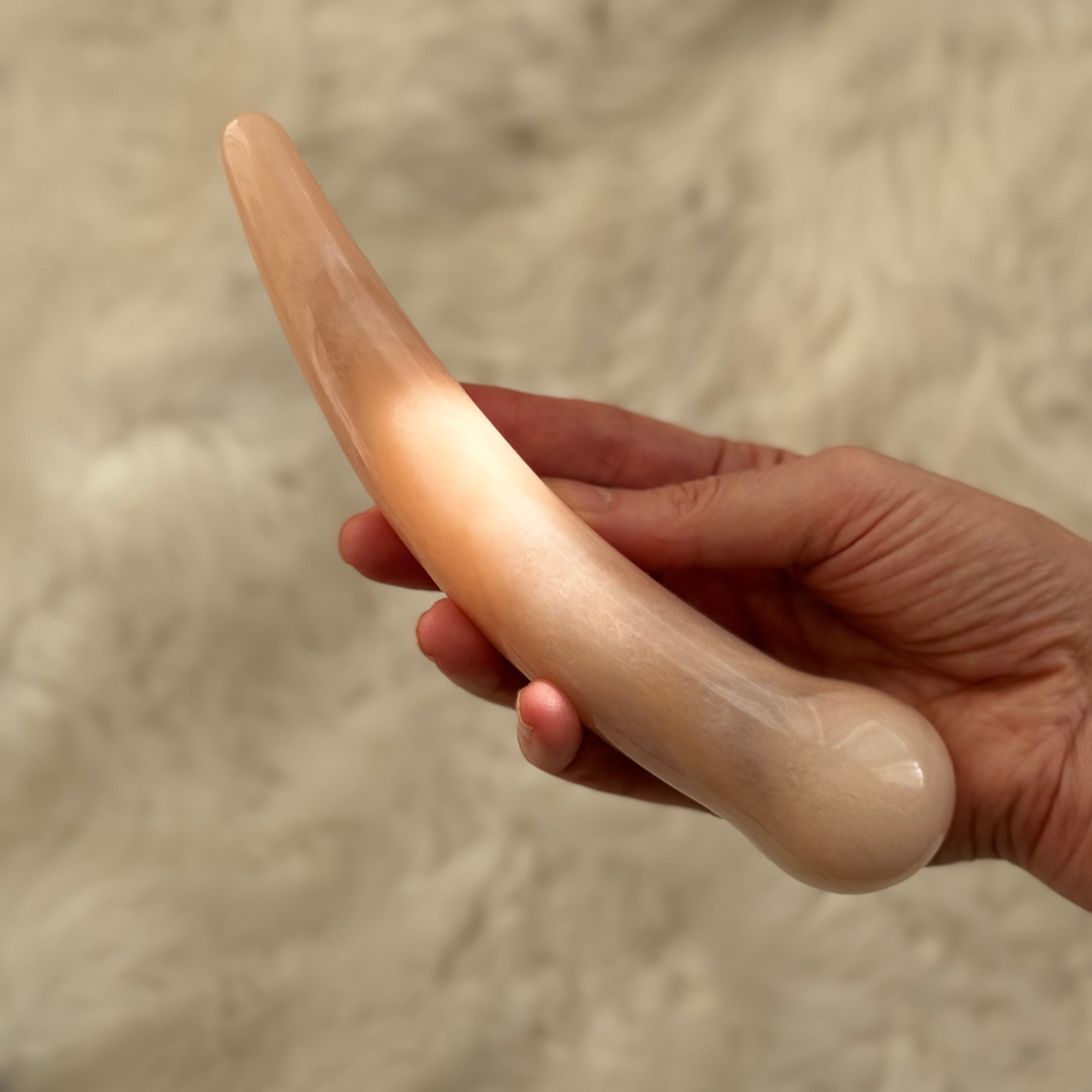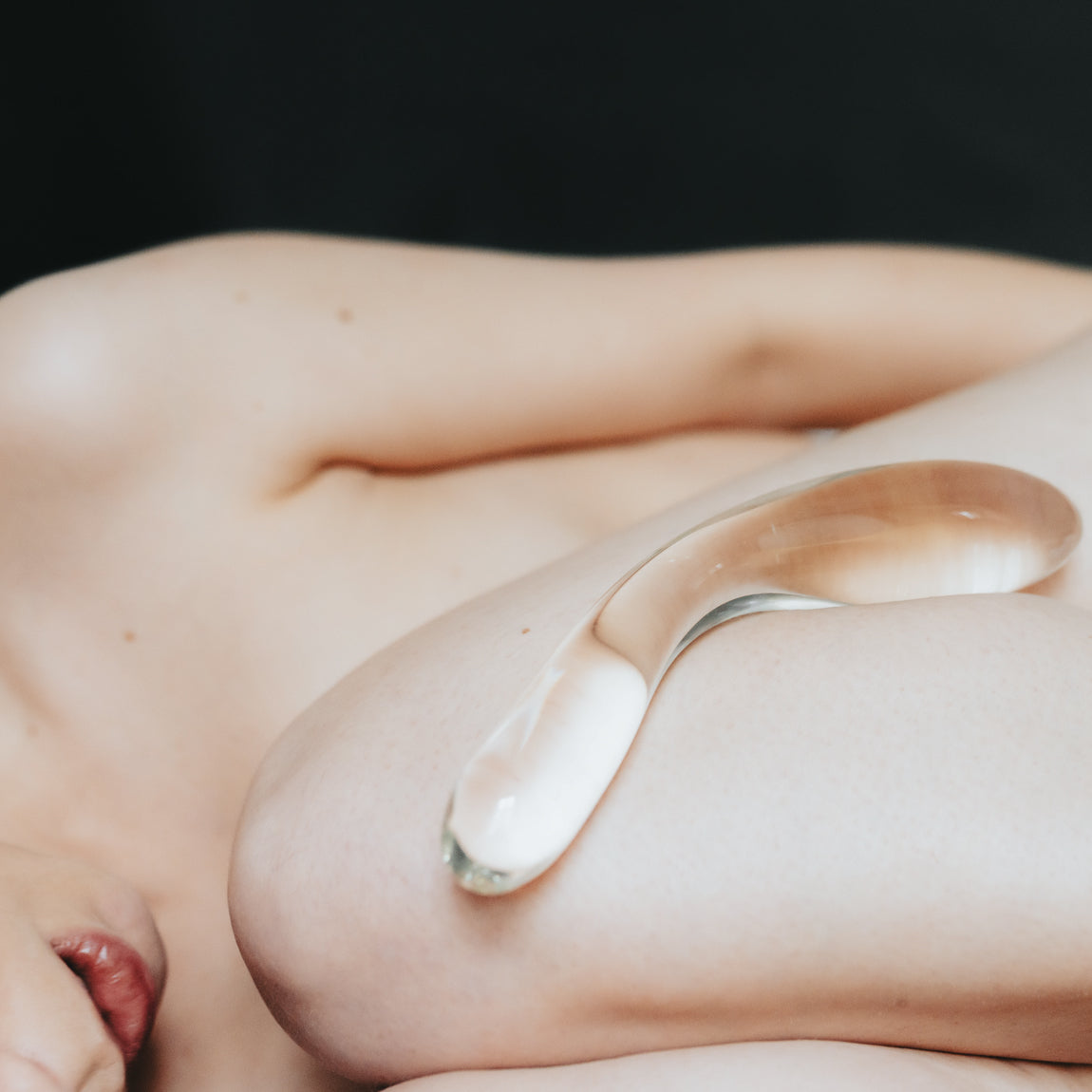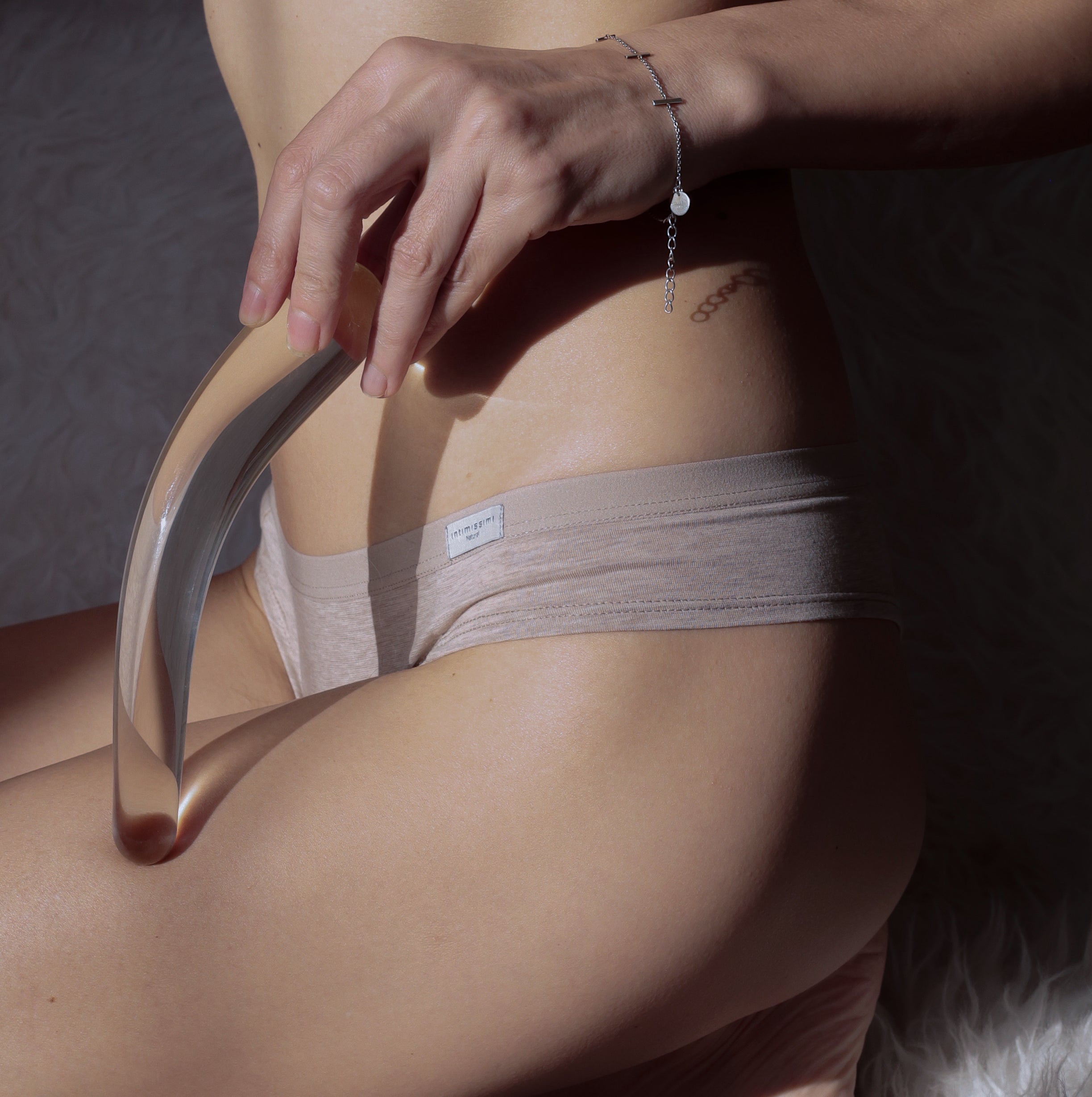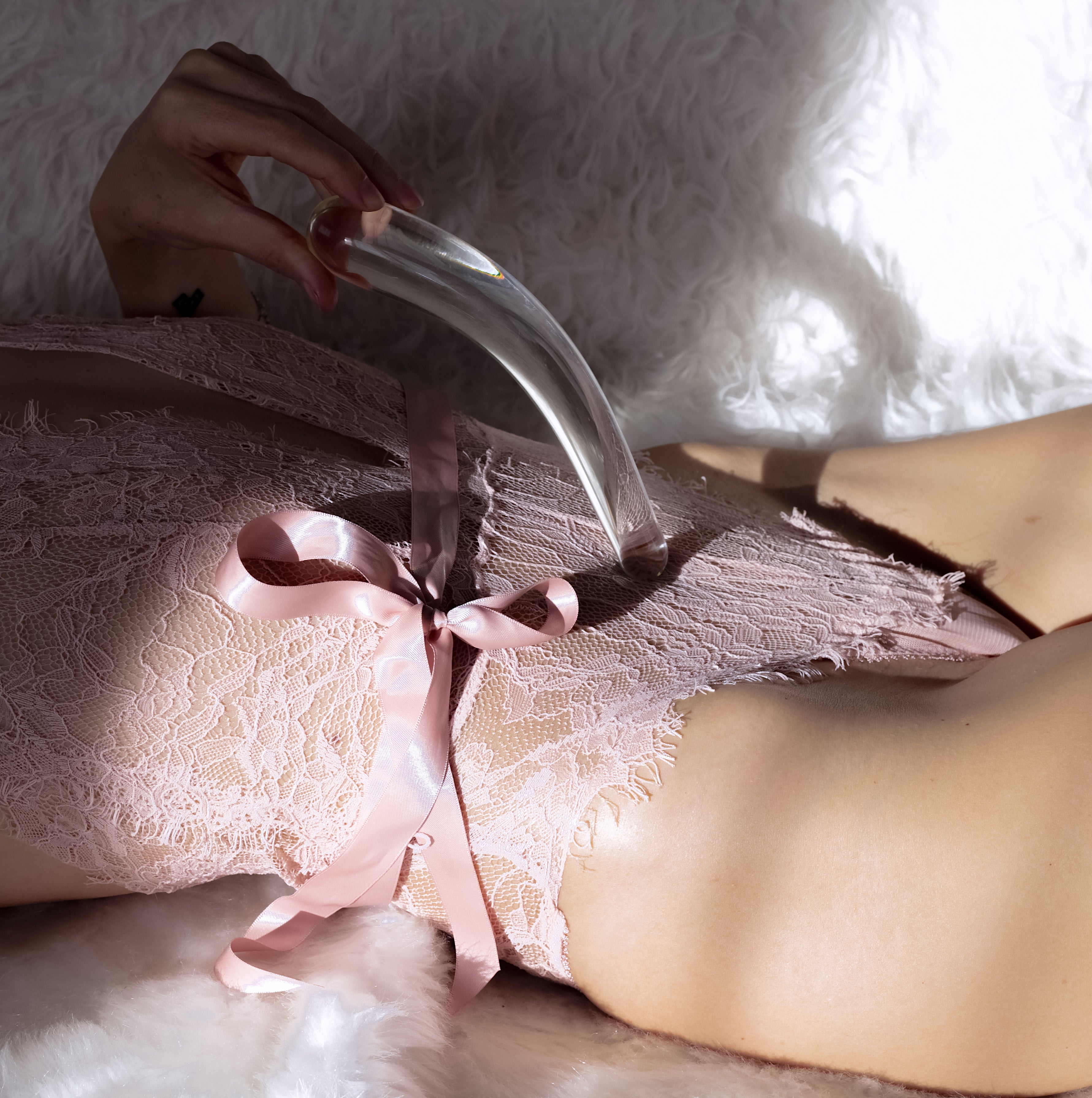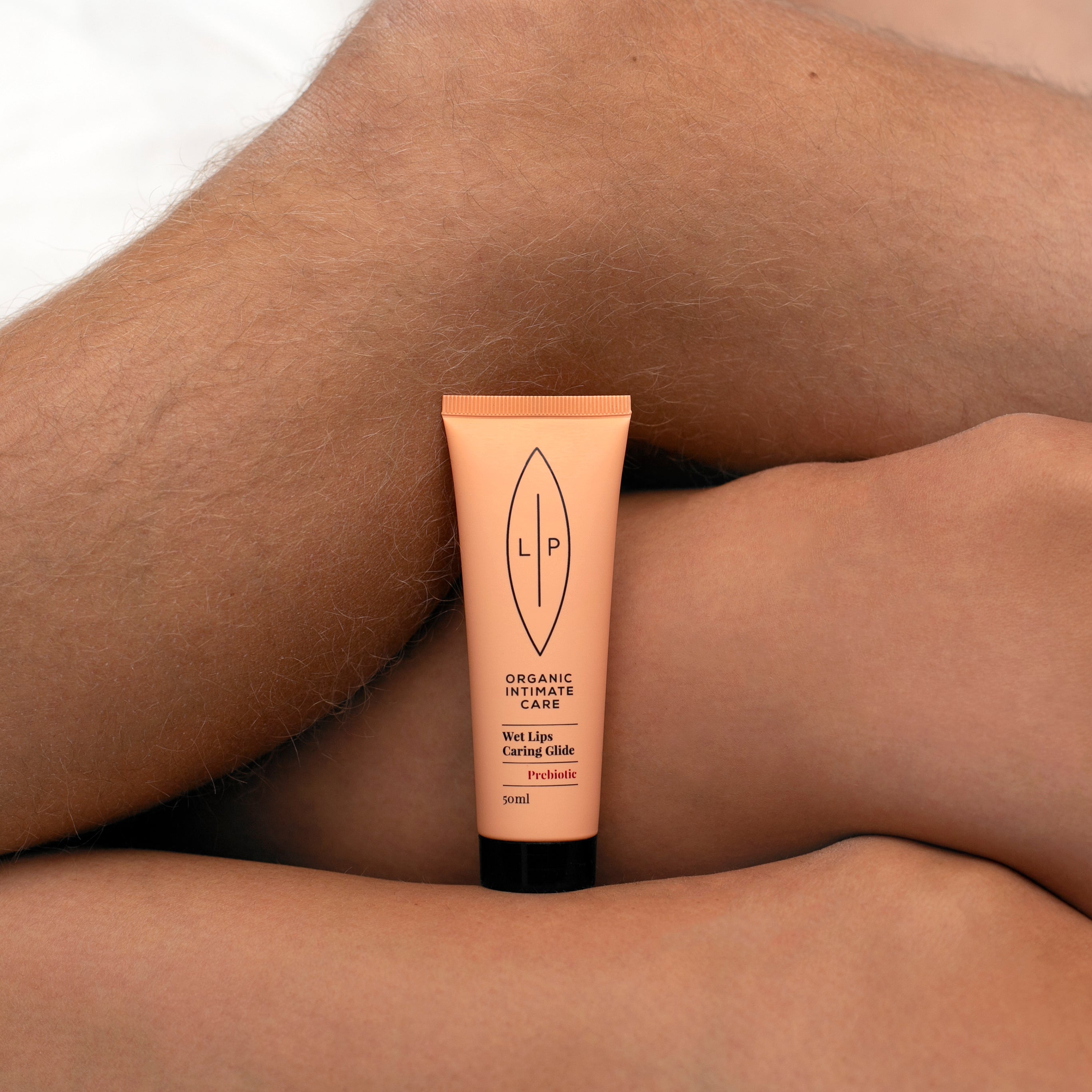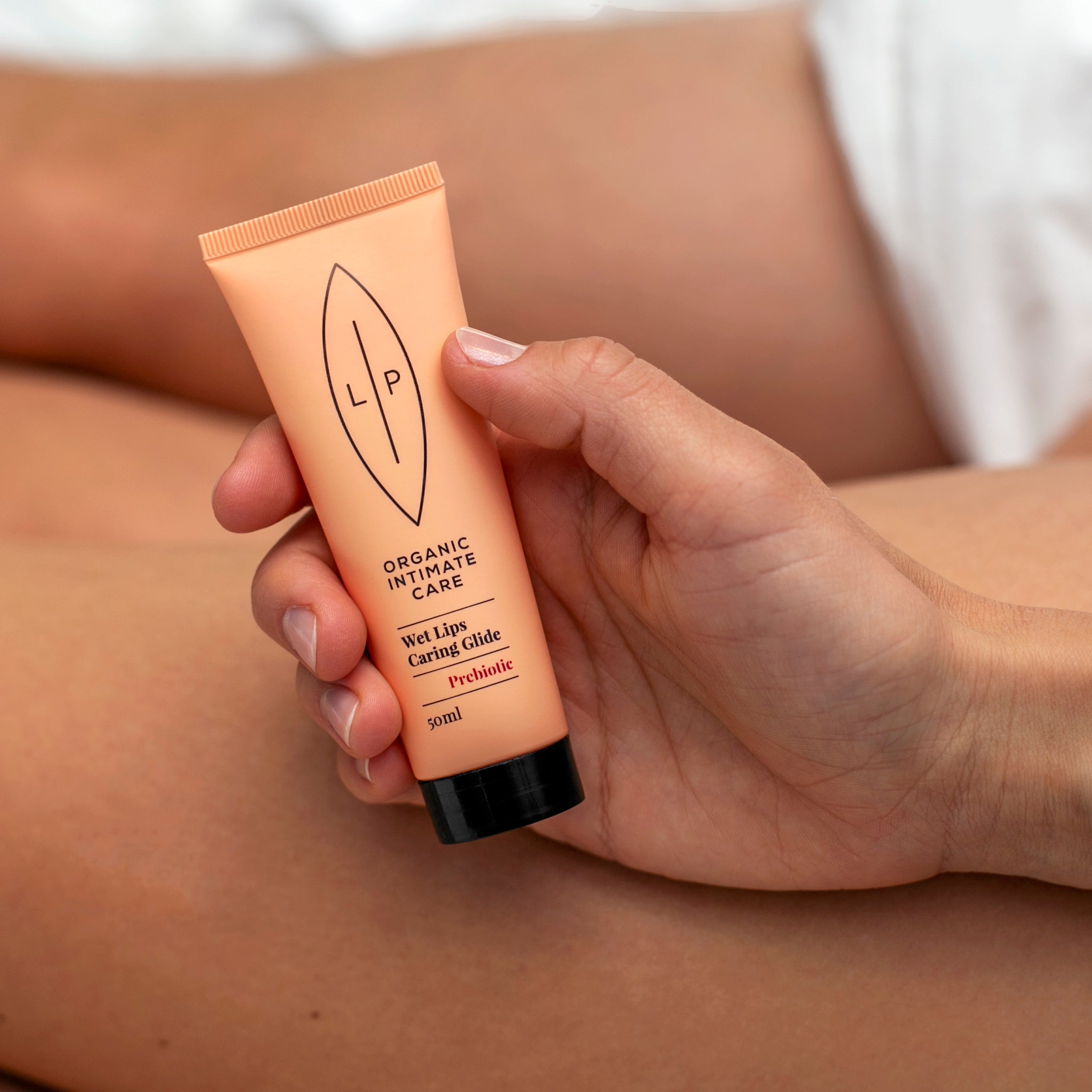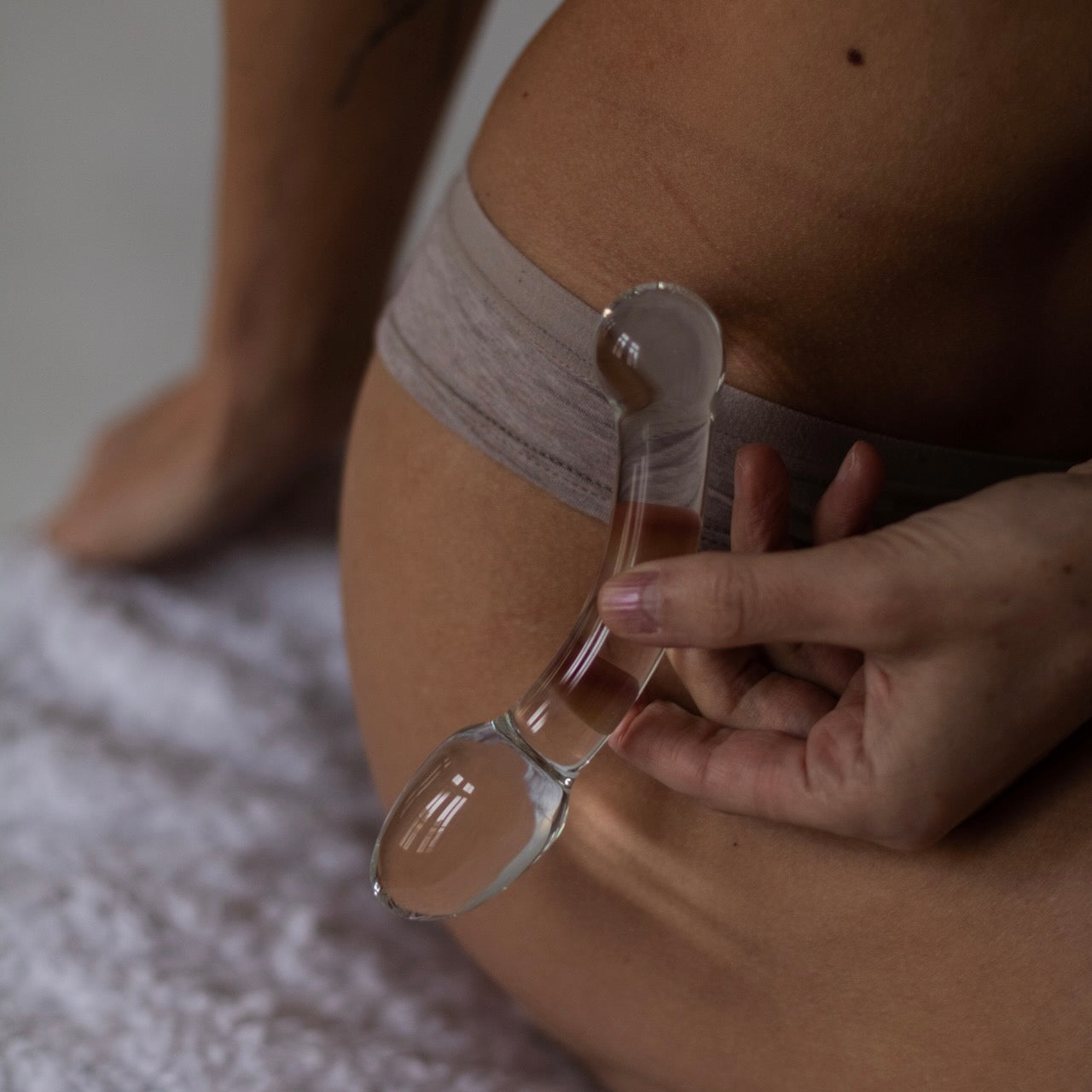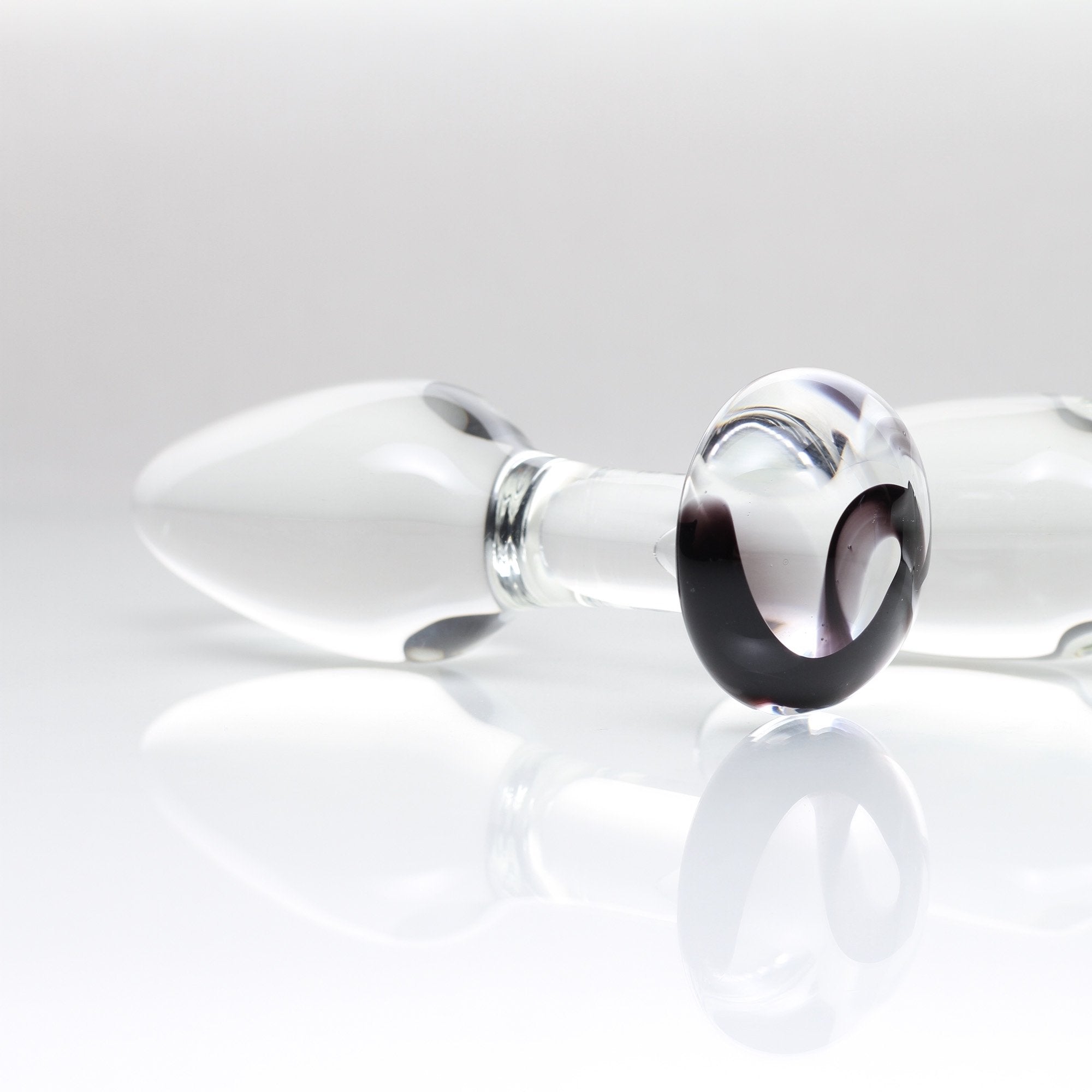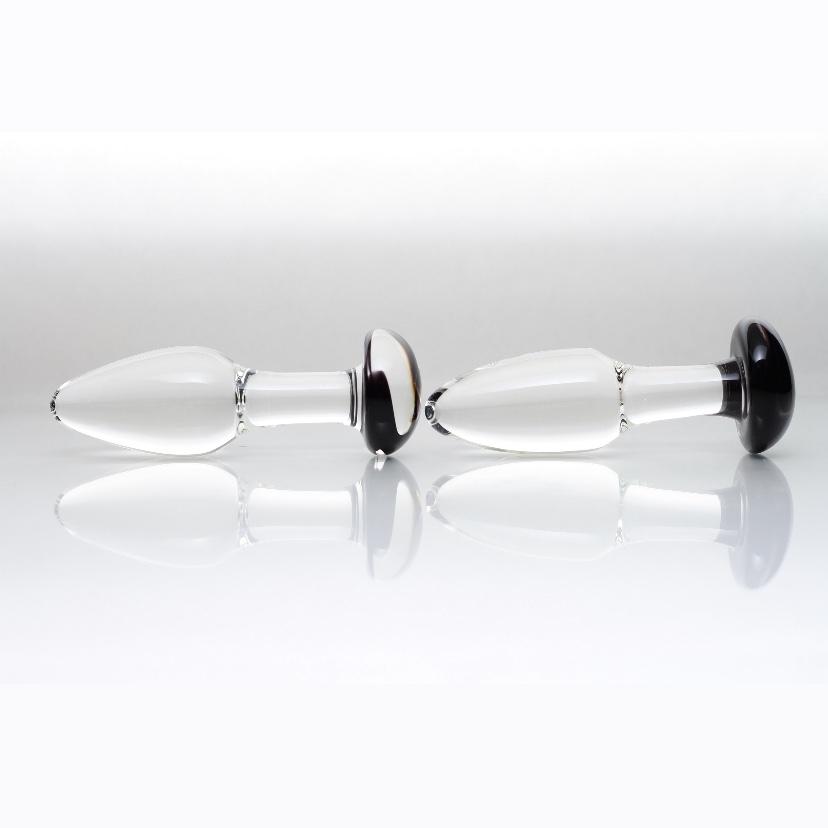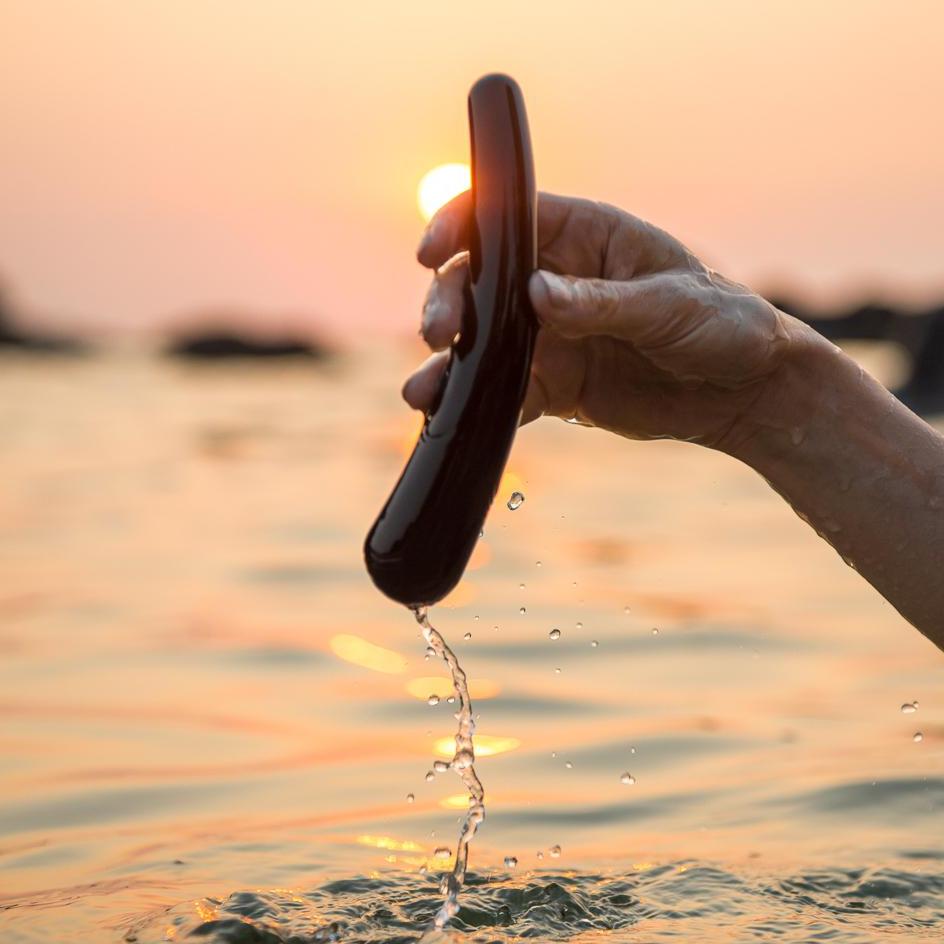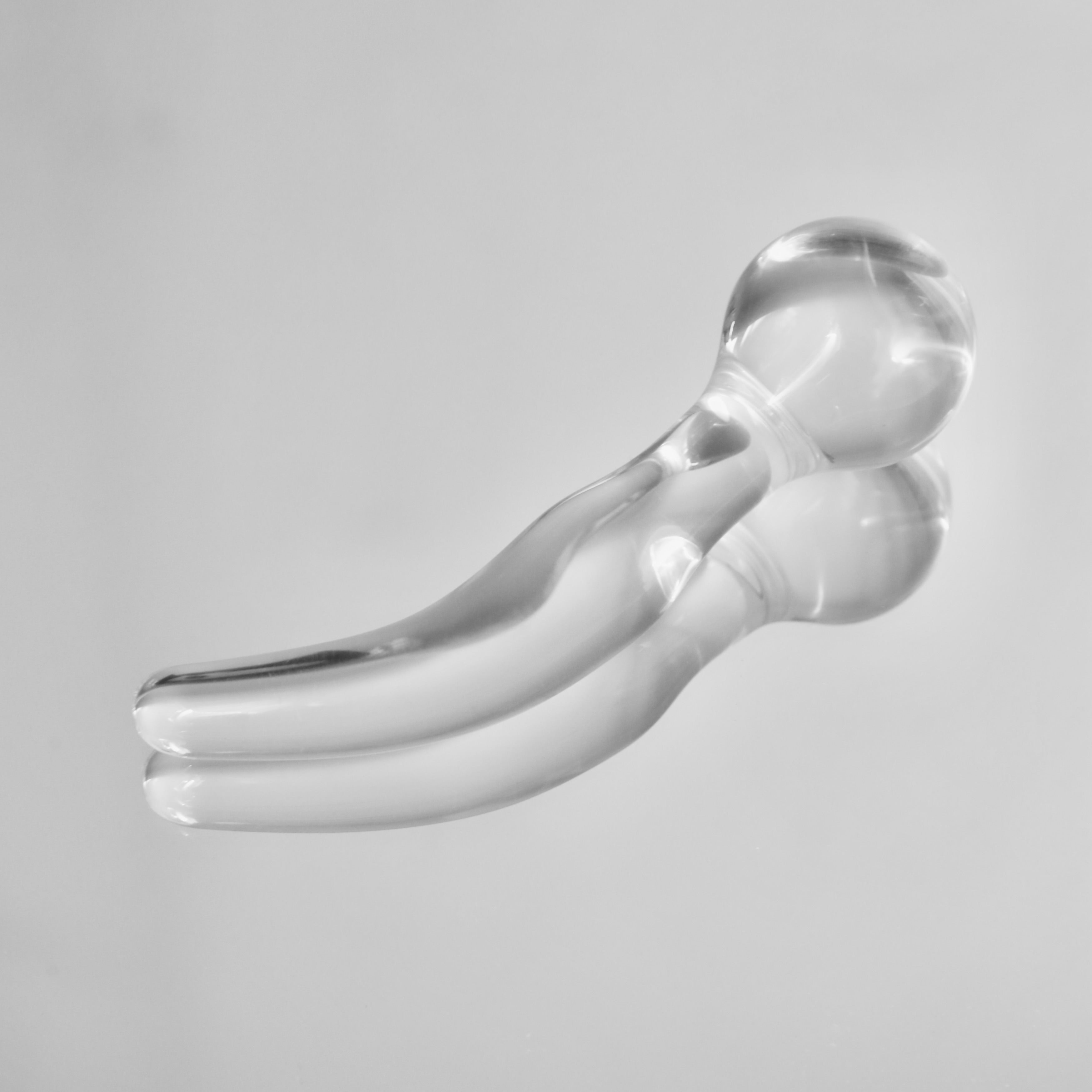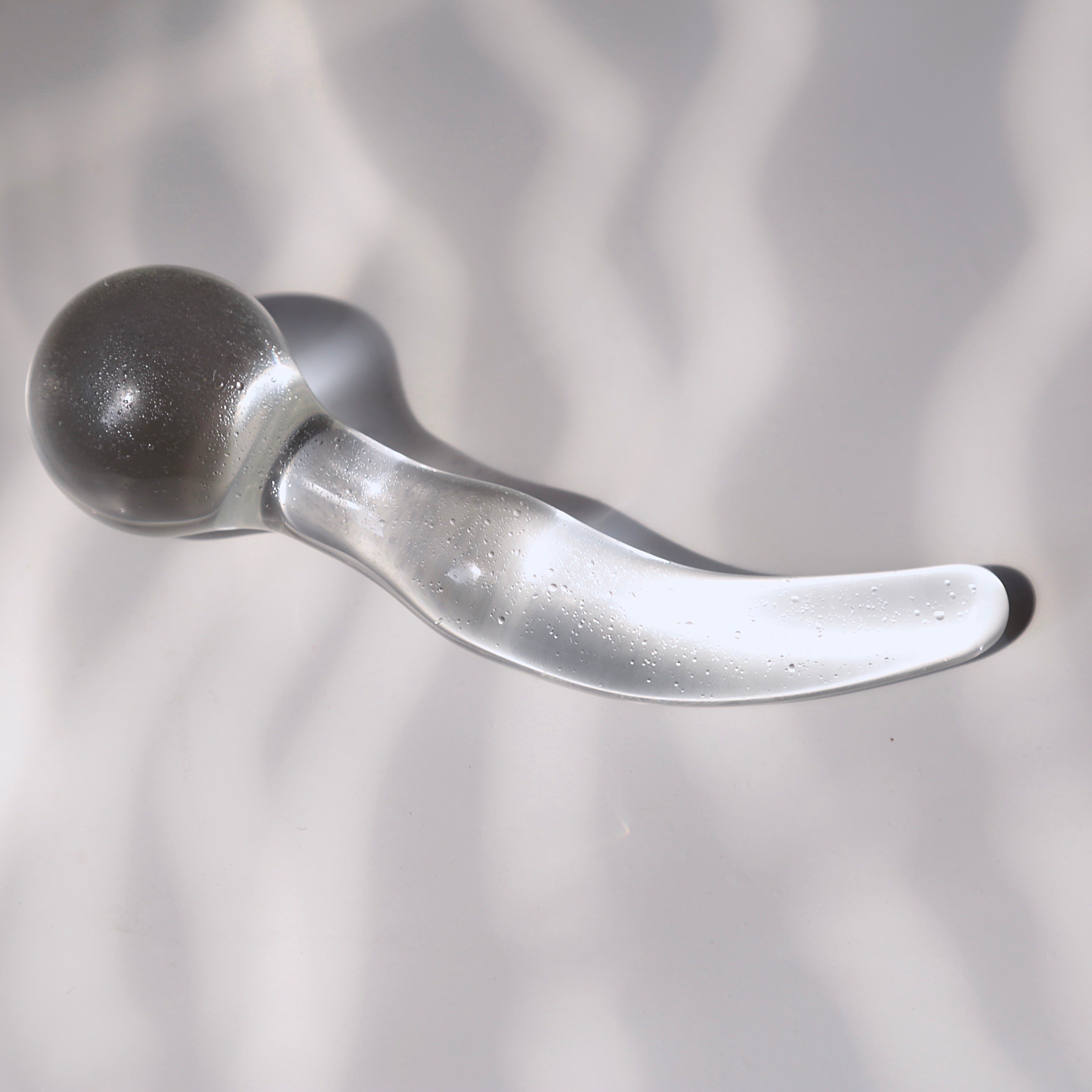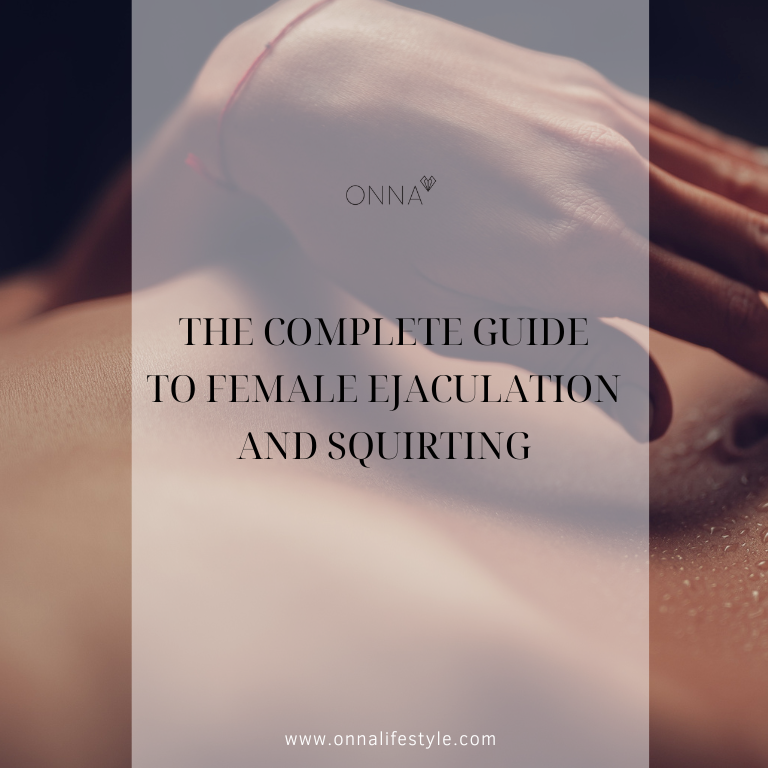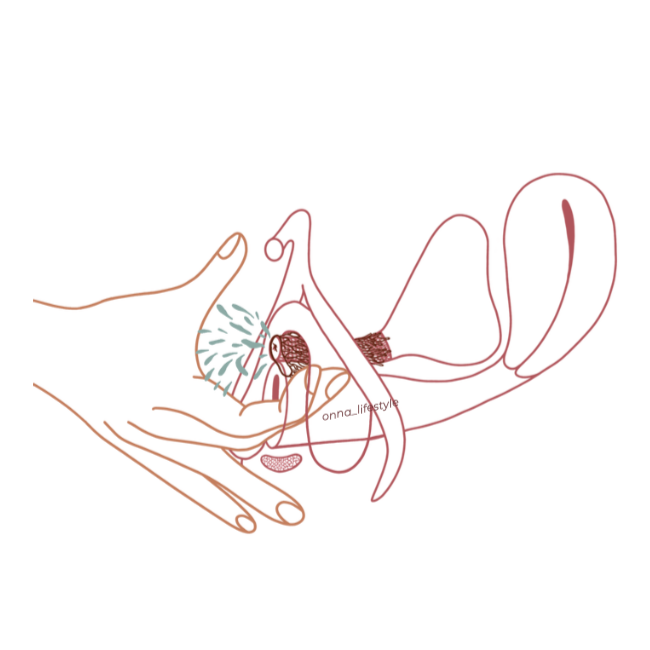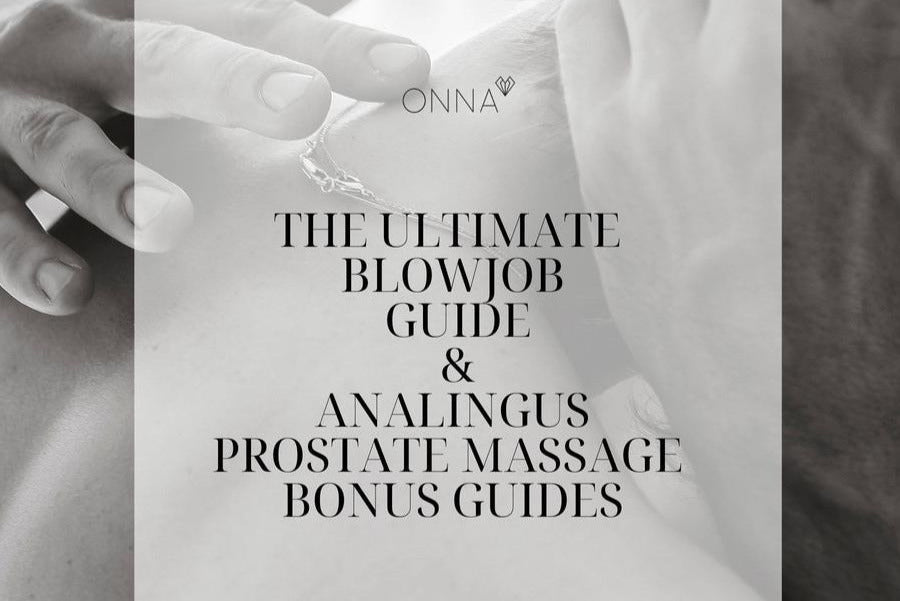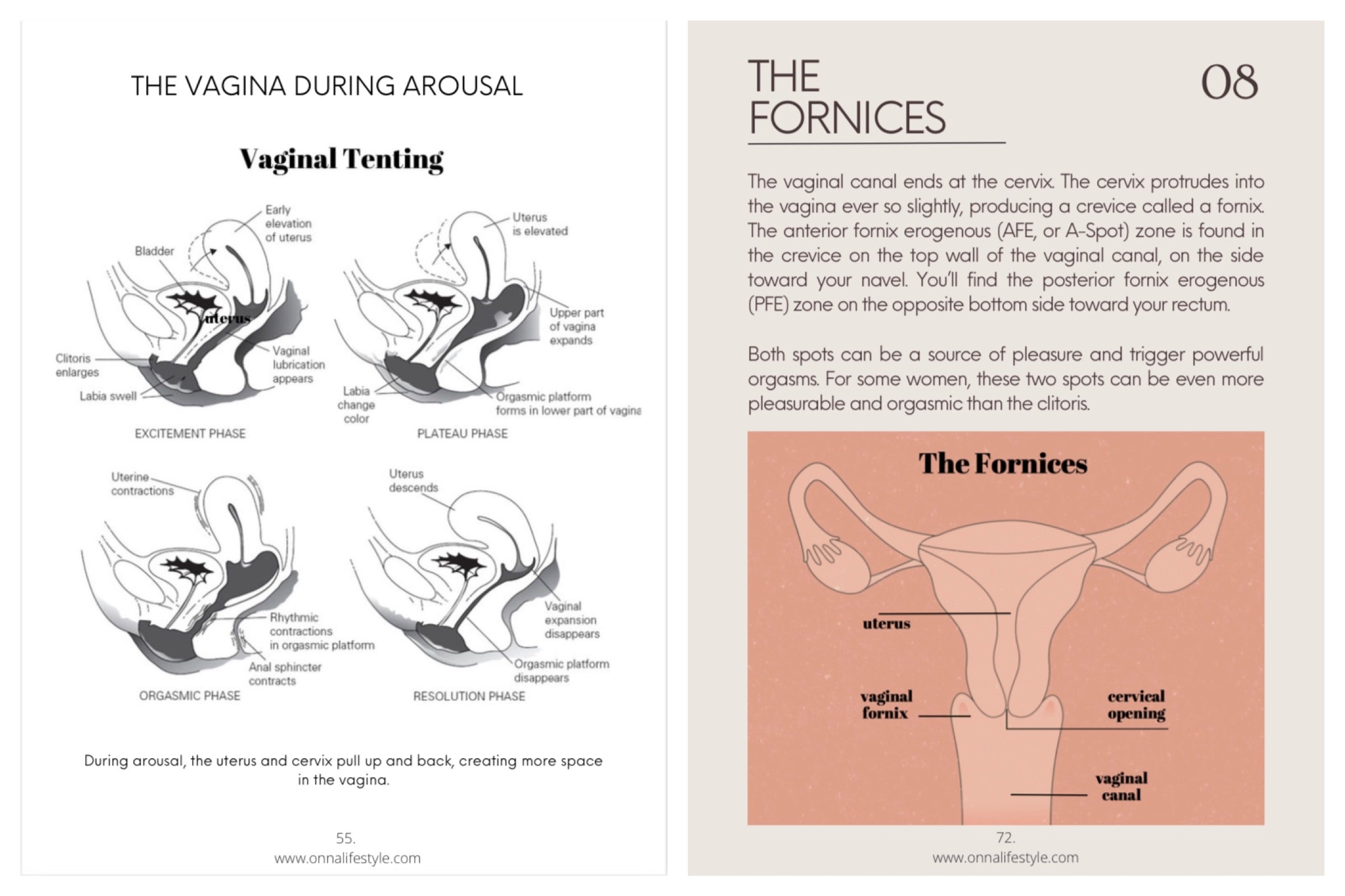
Beyond Orgasm: The Power of Aftercare
In conversations about sex, the cultural narrative often revolves around physical pleasure, performance, and climax. But what happens after sex — the moments that follow the intensity — is equally, if not more, vital for emotional, psychological, and even physical well-being. This is where aftercare comes in.
Originating in the kink and BDSM communities, aftercare has since moved into mainstream discussions of intimacy as a crucial practice for creating safety, trust, and deeper connection. In a society where sex is often portrayed as fast, performative, and transactional, aftercare invites us to slow down, reconnect, and transform intimacy into a truly nurturing experience.
What Is Aftercare?
Aftercare is the intentional practice of attending to the physical, emotional, and mental needs of yourself and your partner(s) after sexual activity. It encompasses everything from cuddling and verbal reassurance to hydration, emotional check-ins, or even quiet alone time.
At its core, aftercare recognizes that sexual intimacy is an intense experience — physically, emotionally, and energetically. Taking time to care for one another afterward strengthens trust, respect, and mutual understanding.
In kink, aftercare is non-negotiable: after a scene, both dominant and submissive partners engage in practices to soothe, debrief, and regulate their bodies and emotions. This same principle applies to all sexual experiences — because every intimate encounter involves vulnerability and trust.
Why Aftercare Matters for the Individual
Sex triggers a cocktail of hormones, including oxytocin, dopamine, and prolactin, which can produce intense feelings of closeness, satisfaction, and relaxation — but also vulnerability. Your body may feel tender, and emotions can shift quickly. Aftercare helps regulate your nervous system, grounding you after these heightened states of arousal.
Without aftercare, some individuals experience postcoital dysphoria — feelings of sadness, emptiness, or anxiety after sex. Practicing aftercare helps mitigate these emotional dips, allowing you to feel safe, cared for, and seen.
Aftercare is also a form of self-parenting: nourishing your body, honoring your boundaries, and giving yourself permission to rest. Even solo sexual experiences deserve aftercare — whether that’s a warm shower, journaling, or meditative breathwork.
Why Aftercare Is Essential for Relationships
Aftercare is not just about recovery — it’s about connection. Sex can surface insecurities, vulnerability, and past emotional wounds. By showing up for your partner with gentleness afterward, you communicate: “I care for you, not just your body.”
Couples who regularly practice aftercare report deeper intimacy, stronger trust, and more confidence in their sexual expression. For new relationships, it sets the tone for mutual care; for long-term partnerships, it reinforces commitment and keeps intimacy alive.
What Aftercare Looks Like: A Spectrum of Practices
Aftercare is personal. It looks different for each couple, and even for each encounter.
It can be:
Physical Care
-
Holding, cuddling, spooning, or gentle touch
-
Offering water, snacks, tea or a warm blanket
-
Sharing a bath or shower together
Verbal Reassurance
-
Simple affirmations: “I love being with you,” or “That felt amazing”
-
Gentle debriefing if you explored new dynamics or kinks
Body Care
-
Cleaning up gently, applying lotions or balms
-
Using heat pads or cold packs for soreness
Emotional Check-Ins
-
Asking how your partner feels physically and emotionally
-
Holding space for tears, laughter, or deep conversation
Respecting Space
-
Some people recharge best with solitude
-
Honoring this need is a valid form of aftercare
The key is tuning into your partner and yourself — creating a ritual of care rather than following a strict script.
Practical Aftercare Tips
-
Discuss Aftercare Before Sex
-
Include it in consent and boundary conversations
-
Clarify preferences, timing, and comfort levels
-
Prepare Your Space
-
Have water, snacks, wipes, and blankets on hand
-
Setting up a cozy environment signals care and attentiveness
-
Use Aftercare as Feedback
-
Gently ask: “Did that feel good for you?” or “Would you like more of that next time?”
-
Turn reflection into a loving, nonjudgmental dialogue
-
Honour Emotional Vulnerability
-
Sex can bring up past trauma or grief
-
Listen, hold space, and provide reassurance without judgment
-
Practice Self-Aftercare
-
Solo aftercare can include journaling, meditative breathing, or gentle self-touch
-
Nurturing yourself enhances your ability to nurture others
Aftercare Scripts: What to Say
Some simple yet powerful phrases:
-
“I loved being with you. How do you feel?”
-
“Can I get you some water or a snack?”
-
“Would you like a cuddle, or some space?”
-
“Thank you for trusting me with your body.”
-
“I feel so connected to you right now.”
-
“Is there anything you need to feel more comfortable right now?”
-
“That was beautiful. I love exploring with you.”
These words affirm safety, appreciation, and love, deepening emotional intimacy.
Beyond Sex: Aftercare as a Relationship Practice
Aftercare isn’t limited to sexual experiences. It’s a philosophy that extends into everyday life:
-
Checking in after arguments
-
Supporting one another through stress or grief or any intense event
-
Creating emotional safety in all areas of the relationship
Consistent aftercare transforms intimacy into a healing and empowering practice. It shifts focus from performance and pleasure alone to connection, trust, and mutual reverence.
Bonus Tips: Elevating Aftercare
-
Sensory Comfort: Play calming music, light a candle, or use soft textures to enhance the nurturing atmosphere.
-
Mindful Touch: Even a brief hand-hold or gentle massage can release oxytocin and reinforce connection.
-
Shared Reflection: Keep a journal together or exchange notes about what felt good — building intimacy outside the bedroom.
-
Check Your Language: Use positive, affirming, and non-objectifying language during and after intimacy.
-
Ritualize Aftercare: Over time, small consistent practices — like a post-sex tea ritual — create a sense of safety and continuity.
Sex is not just physical — it’s deeply emotional and spiritual. Whether with a new partner, a long-term lover, or exploring solo, aftercare invites us to honour our experience, nurture our nervous system, and cultivate connection.
Your body is sacred, your pleasure is meaningful, and your relationships deserve tenderness. Aftercare is where intimacy becomes love in action — and that is a practice worth cultivating.




